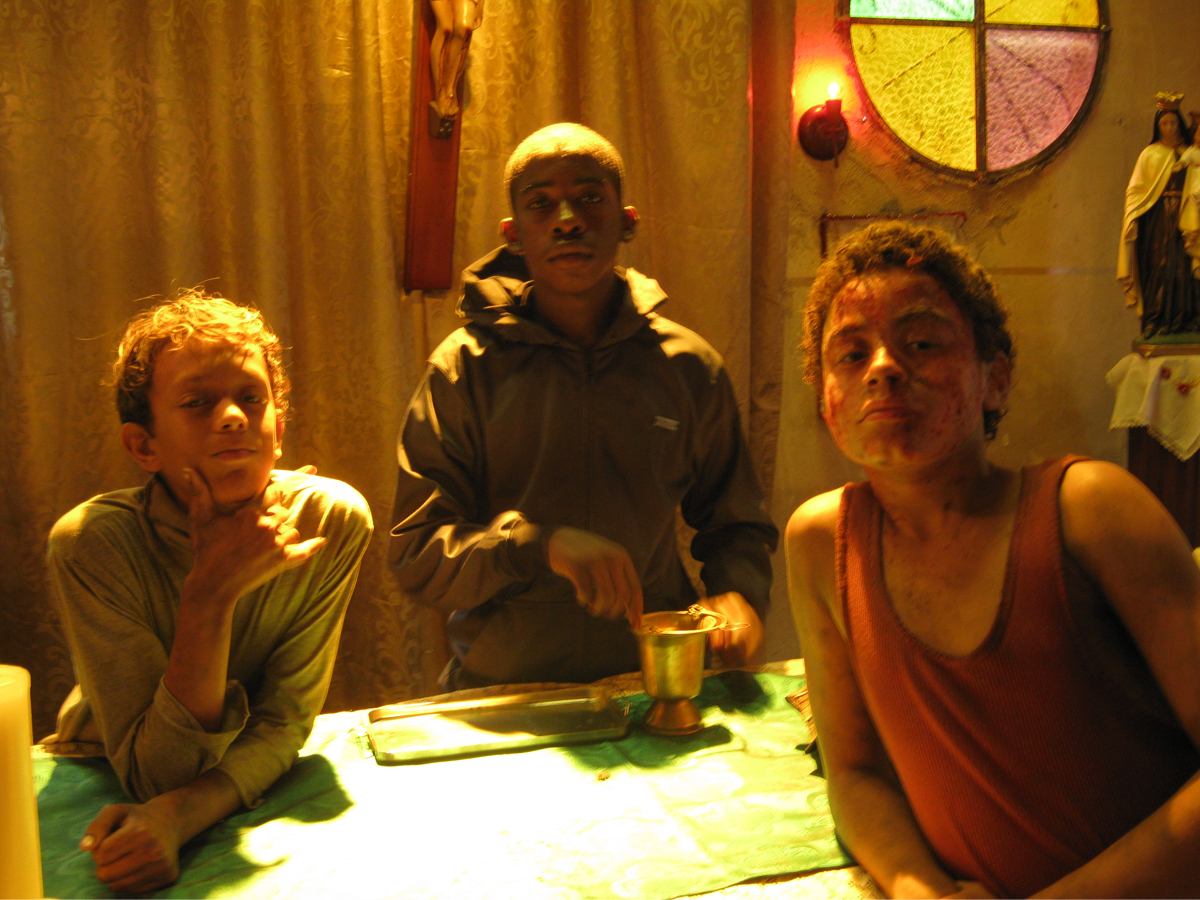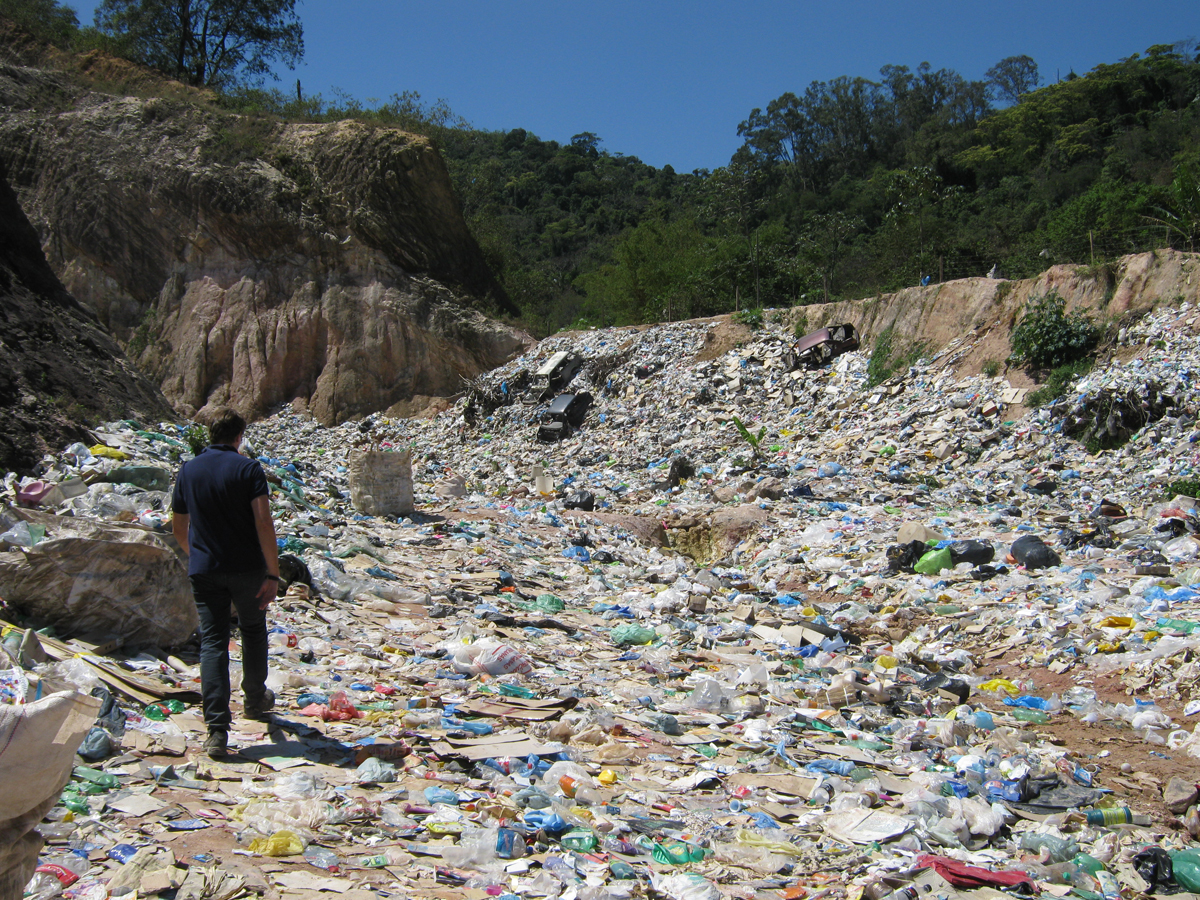
Trash
-
Book
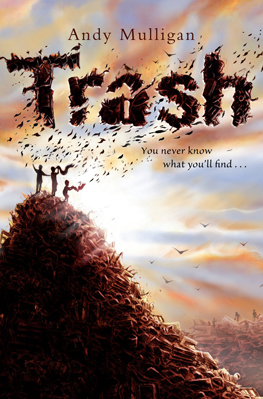
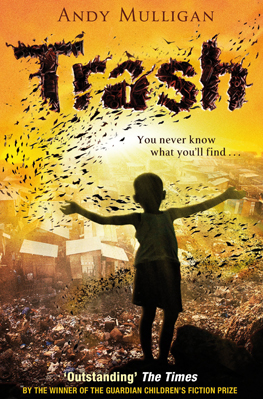
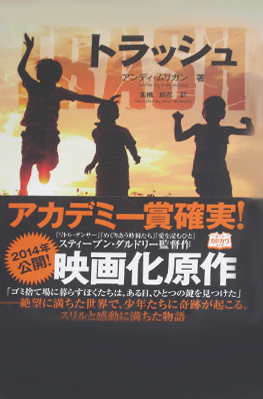
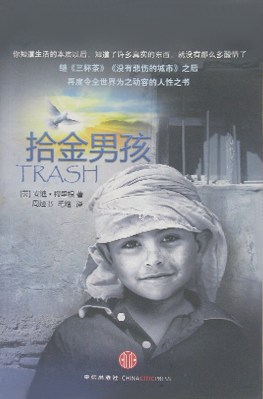
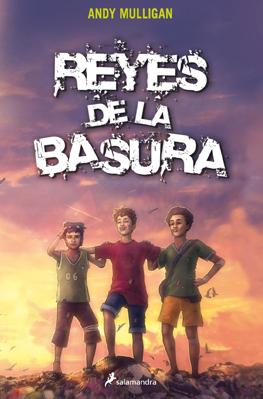
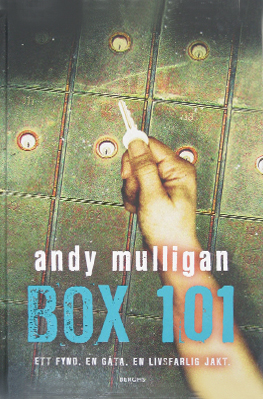
Raphael is a dumpsite boy. He spends his days wading through mountains of steaming trash, sifting it, sorting it, breathing it, sleeping on it. Then one unlucky-lucky day, the world turns upside down. A small leather bag falls into his hands. It's a bag of clues. It's a bag of hope. It's a bag that will change everything.
Soon he and his friends are running for their lives. Hounded by the police, it takes all their quick-thinking and fast-talking to stay ahead. As the net tightens, they uncover a dead man's mission to put right a terrible wrong. And it's three street-boys against the world...
'Trash' was published by the legendary David Fickling, whose credits include 'The Boy in the Striped Pyjamas' and 'The Curious Incident of the Dog in the Night-Time'. The novel was shortlisted for the CILIP Carnegie Medal, and has been translated into thirty-five languages. The movie hit cinemas in 2014, directed by Stephen Daldry and scripted by Richard Curtis.
'It's a fast-moving thriller,' says Andy, 'and – yes – its popularity still surprises me. Schools all over the world are studying it, and I visited a primary school last year that had turned two year-six classrooms into a 'Trash' installation. A school in Indonesia staged it as a piece of dance-drama, and I'm often asked to talk about how it came to be written. I also get requests for a sequel, but that's not going to happen: the book ends just where it needs to end...'
TRASH is published by Random House, and is available at all good bookshops, or through the usual on-line stores.
-
FAQ's
-
What was the inspiration behind Trash?
It was setting – a vast dumpsite in Manila, which is where I lived and worked – a gorgeous country, full of paradise islands and the most hospitable people in the world. But...like so many countries, wracked by certain problems. A friend told me a true story: that the dumpsite children spend most of their time sorting through parcels of human excrement. We all know about child labour, but that detail – that little vision of hell – wouldn't leave me. I wanted to write about some of those children, and allow them to fight back.
-
In Trash you do not specify where the story is set. Some reviewers have guessed Latin America or Mexico. Was it important that the exact location of the story was not revealed?
Yes. I was anxious that the book was never seen as an attack on one country. Corruption and child-exploitation are vile facts of life that exist (or have existed) in every country in the world. I did not want to localize the book when its issues are international.
-
Trash is being promoted as a ‘crossover’ book into the adult market as well as for young adults. Did you have a particular readership in mind when you wrote the book?
Not really, no. I used to teach from 11 upwards, so I suppose I was writing for the children I taught…but really, I write for myself. I like books that are plot-driven, with characters that intrigue me. I wanted the narrative ease of a Huckleberry Finn, with the danger of ‘Lord of the Flies’.
-
As I researched your early years, I found very little information available. Can you tell us about your life growing up in South London and what impact this has had on your writing?
Sure, but I’m not sure what the connection between South London and the books I’ve written might be – I haven’t given it much thought. I had a safe and happy childhood half an hour from central London. I went to a boys’ grammar school, and English was the one subject that I really enjoyed. I met teachers who cared passionately about literature, and instilled some kind of work-ethic. But I think my books have emerged from much later experiences – the wildness of teaching overseas, and – in the case of ‘Trash’ – the enormity of meeting street kids.
-
After Working as a Theatre director for 10 years what prompted you to leave and travel Asia?
I was out of work. Mrs Thatcher, bless her, was closing the country down, so I was making nothing. I was made redundant, and as if by magic a friend invited me out to India, to visit an orphanage. India simply turned me upside down. I got a job teaching there, and returned to the UK determined to spend time in the classroom. Sitting around waiting for an arts subsidy no longer seemed an option.
-
Upon reading Trash I was left a feeling you must have had as much fun and excitement writing it as I did reading it.
Absolutely, yes – what I wanted to do with ‘Trash’ was learn from authors such as John Grisham and John Boyne – I wanted characters to jump off the page, and I wanted the meanstreets. Yes: writing it was an exciting period.
-
I was reminded in part of ‘Slumdog Millionaire’ with the impoverished life of these children. Do you consider yourself a derivative copy-cat leeching on the success of others, or someone with a social agenda?
I haven’t read or seen ‘Slumdog’, so I am not sure of the comparison. I think most writers simply take a story forwards, without any agenda as such. I know and love the George Orwells of the world, who do have major social purposes, and hope to confront, educate and change. I know of writers who use their writing to deal with pain – that isn’t me. I have met street-children. I visited the dumpsites. I was astonished and upset, and a story emerged.
-
How did you set about researching child-poverty and how widespread do you think the problem is?
The problem of child-labour, child-exploitation is vast and it doesn’t go away when you feel sad, and make a donation to charity. I often think of Kurt Vonnegut’s ‘Slaughterhouse 5’ and his intention to make it an anti-war novel. A friend says, with withering scorn: ‘Why not write an anti-glacier novel?’ He means, of course, that a puny book purporting to oppose epic, natural forces is a pathetic thing – and I’m sure he’s right. That doesn’t stop you writing, though. I can’t account for why so many people have billions, whilst billions of people have nothing. I can’t find an ideology that makes sense of it. All I can do is respond to the specific details I see, with a story.
-
Did you base your characters on any one person, or are they a collage of many?
They are boys I’ve met melted down and re-forged. When JM Barrie wrote ‘Peter Pan’ he claimed that he took the five Davies boys – his beloved adopted sons - and “rubbed them together as savages do with sticks, to make fire”. Each boy in ‘Trash’ is an amalgam of the street-children I’ve met: vulnerable and dangerous, uneducated and smart, desperate and resourceful.
-
What do you hope you readers take away from the book?
I hope they get involved with the boys, and live closely with them. I hope they enjoy the thrill of the chase. I hope they find the ending rewarding, and I hope they think – because we all need to think. I find the debate about ‘white heroes’ saving the developing world very interesting – it crops up again and again, most recently during Comic Relief. In ‘Trash’ the white heroes misunderstand everything, and it’s the boys who grab the wheel and lead the fight-back. I do like that.
-
-
Film
'Trash' the movie was filmed in 2013. Richard Curtis wrote the script, whilst Stephen Daldry directed.
The whole project was steered into port by producer Kris Thykier. Martin Sheen starred as the priest, having heard the novel was set in the Philippines - a country dear to his heart ever since 'Apocalypse Now'. Both he and Rooney Mara – who played Olivia – worked for a fraction of their usual fee, such was their dedication to the project.
'The movie earned a 15 certificate,' says Andy, 'which upset everyone at the time. I think we were all hoping it would make its way as a family film about resilience and adventure. The torture of the boy Raphael crosses a line, though, and it reminded me how fierce the gate-keepers are when it comes to violence directed at children.
Rat, Gardo and Raphael on-set.Movie-producer Kris Thykier checks the Trash dumpsite...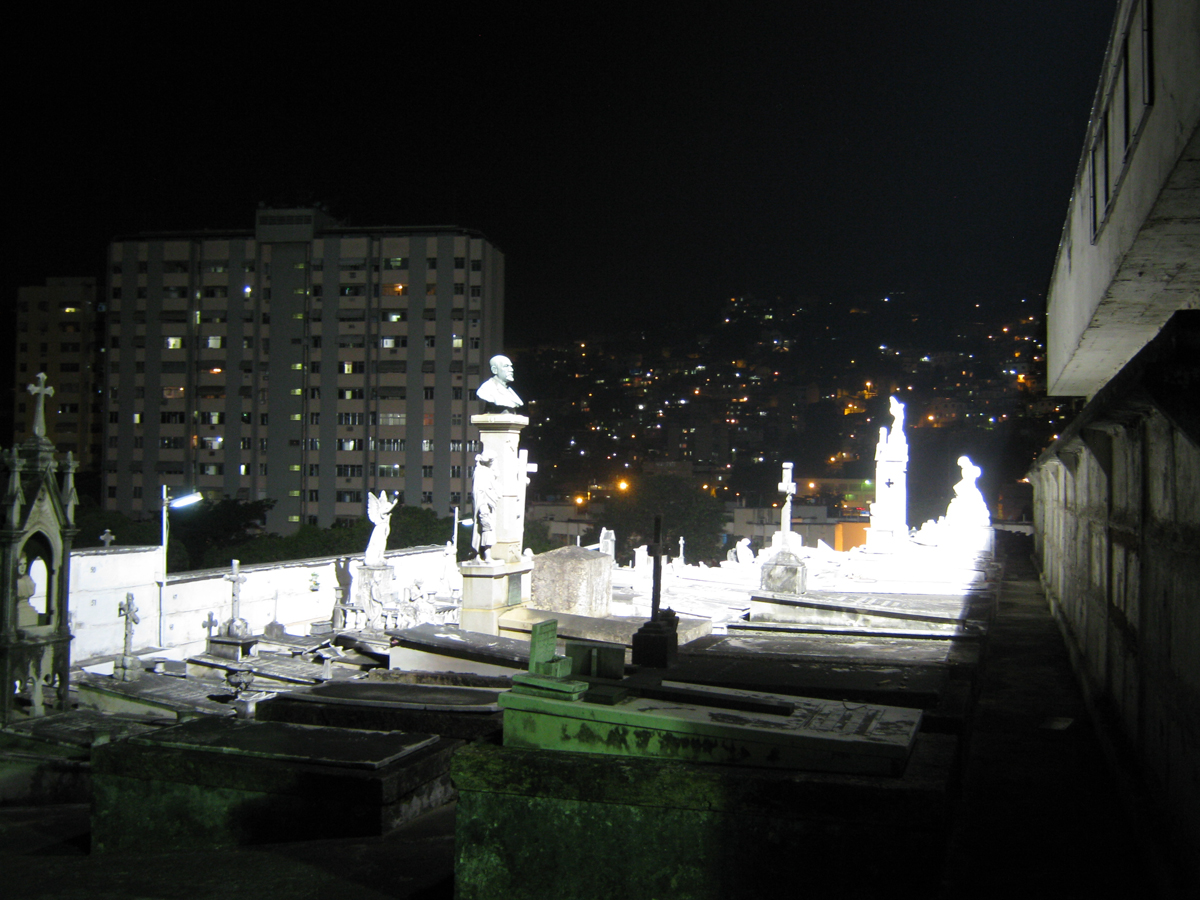 A graveyard in Rio...the final sequence of Trash.
A graveyard in Rio...the final sequence of Trash.It's a very good adaptation, and I can say that because I had nothing to do with it.
The decision to expand the role of the policeman, for instance, was Richard's – and that's a very fine way of increasing, and personalising, the jeopardy. What I love most about it is the casting of the three young heroes. Stephen Daldry spent a long, long time auditioning in the favelas, and he'd insisted from the very start that he wanted nothing to do with child-actors. He wanted the real thing, and the boys' energy crackles all the way through.'
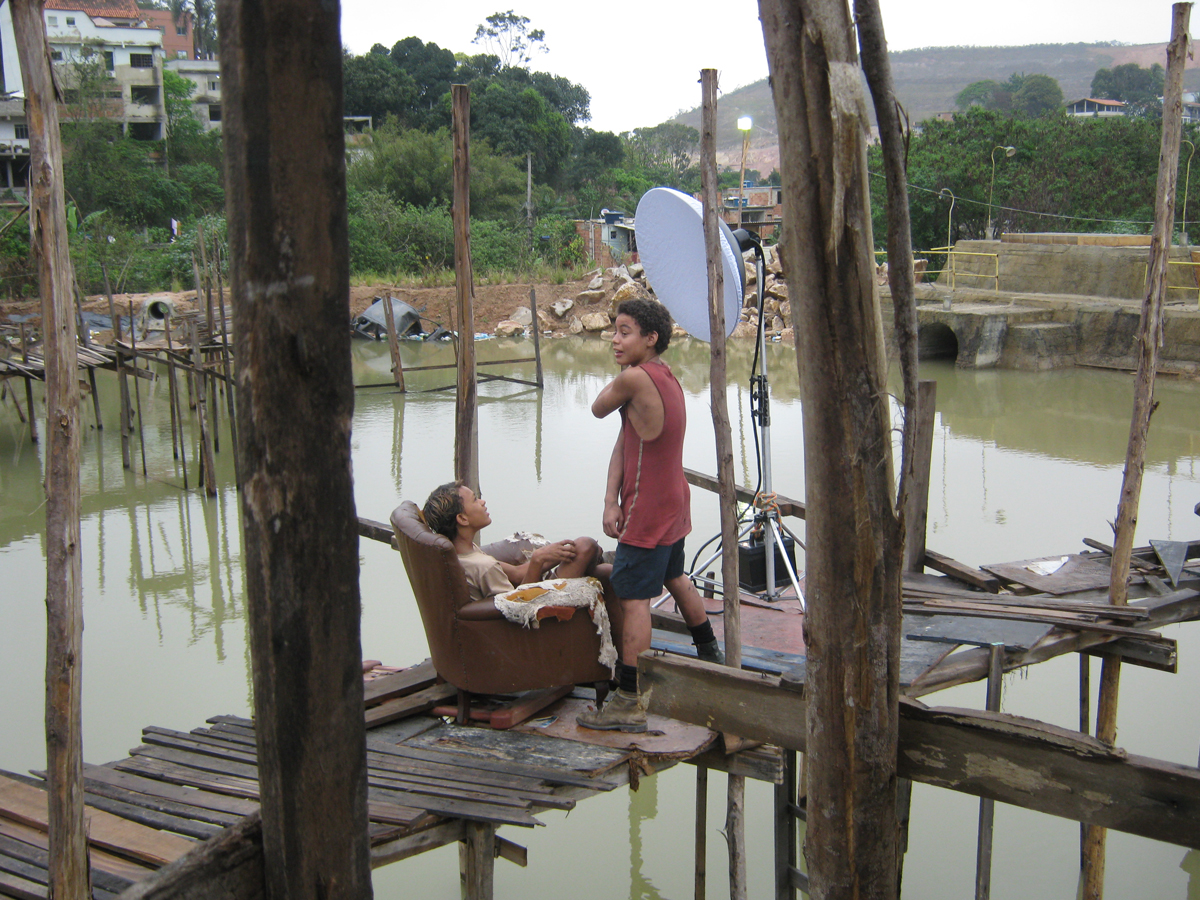 Rat and Raphael enjoy a little free time...
Rat and Raphael enjoy a little free time...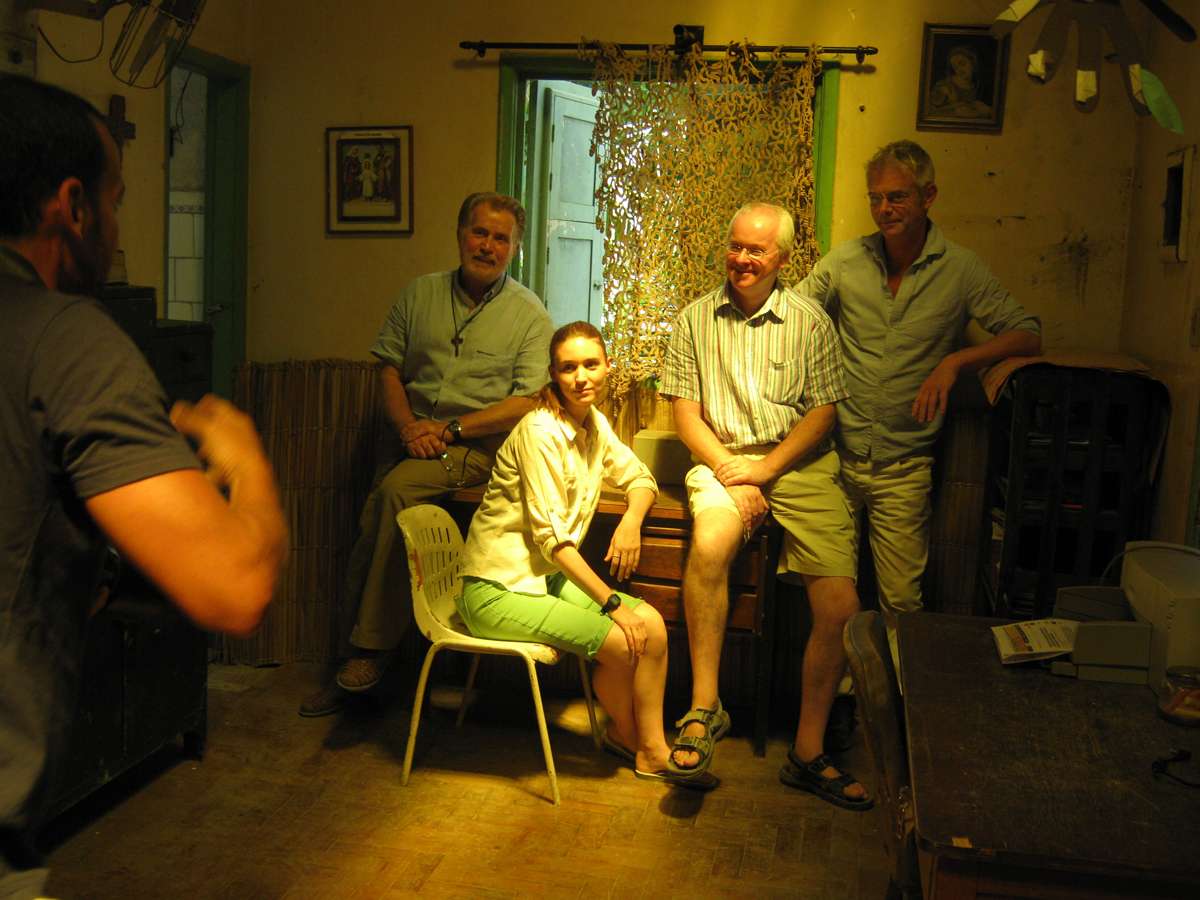 Martin Sheen, Rooney Mara, Andy Mulligan and Stephen Daldry.
Martin Sheen, Rooney Mara, Andy Mulligan and Stephen Daldry.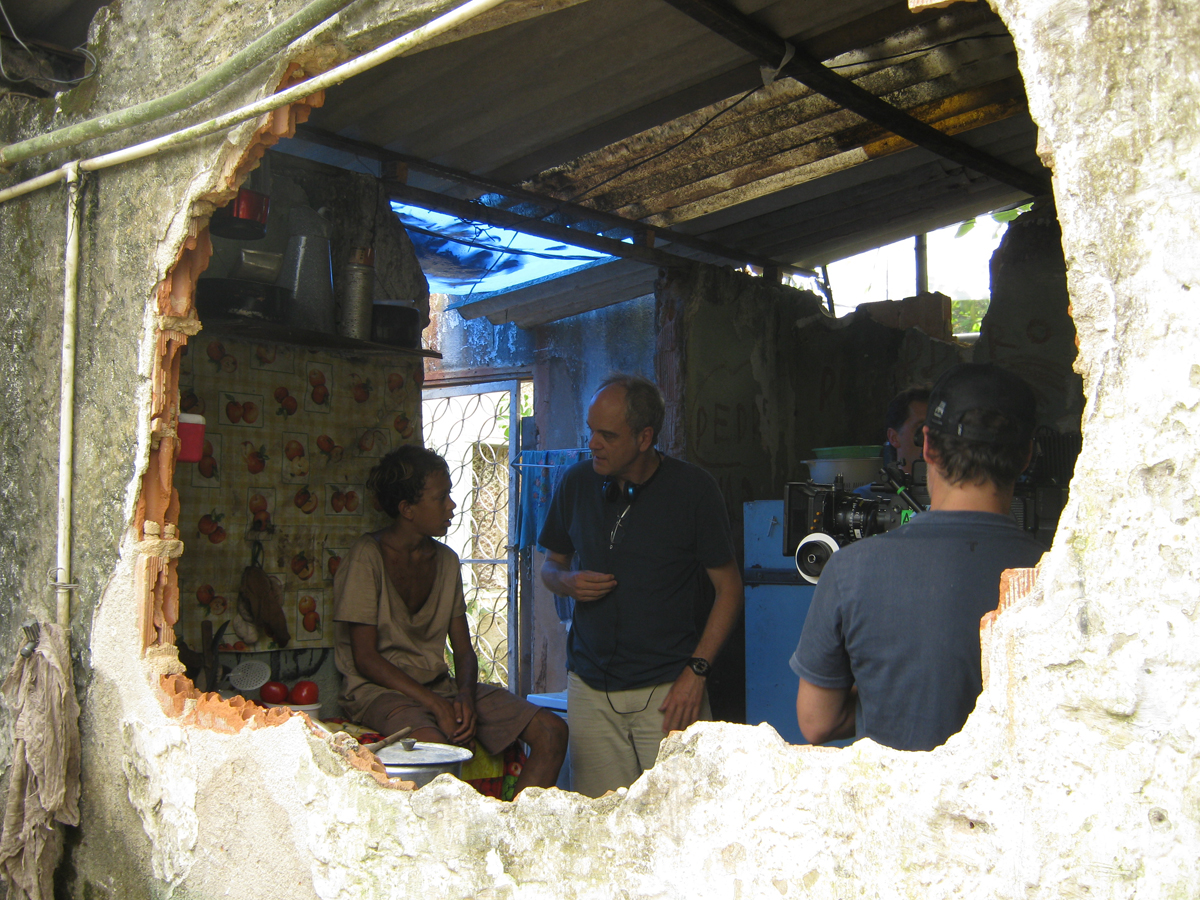 Rat receives advice from his acting-coach.
Rat receives advice from his acting-coach.The novel is set in the Philippines, even though it's an 'un-named developing-world city'. Why did they move it to Brazil?
'It was easier,' says Andy. 'The producers researched Manila, but it soon became clear it would be a long, hard slog to make anything happen there. Rio, on the other hand, has a well-developed international film industry, and tapping into that meant the movie could be made. I've seen it twenty or more times, and whilst I do spot flaws now, there are scenes I love more and more. It still makes me cry.'
